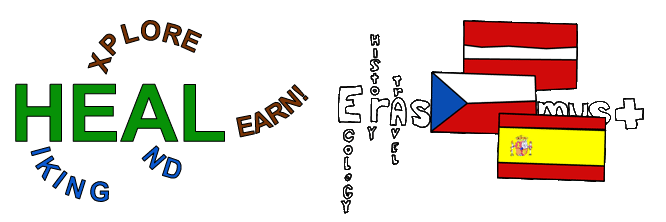Riga
Rigas Valda Avotina pamatskola

Rigas Valda Avotina pamatskola (Rigas Valda Avotina elementary school) realizes the basic education of primary level and special education of primary level for children with learning difficulties and language disorders.
The number of staff is 42 including a psychologist, a psychiatrist, a social pedagogue, a special educator, a nurse and a speech therapist. Half of the teachers are lectors of teachers’ professional training courses for Latvian pedagogues.
There are 217 pupils aged 7-16. They are from different economic and social groups, there are children and teenagers under the risk of early school leaving. Our school work focuses on involvement in several projects in order to encourage and show the wider world, to give the kids new skills and motivate them to educate themselves. Many pupils are not interested in studying and we are looking for the ways to change it.
We have tried to bring outdoor learning to our school. We want to show that learning could be interesting and exciting. Urban kids are often cut off nature, Rigas Valda Avotina elementary school – development center is looking for the possibilities to go out of the classroom, and show that history, geography and biology are not theoretical studies, but it is something what we can feel, see and touch.
We expect that the project will bring a change and draw attention to outdoor learning. It will contribute to teachers´ extended competencies in the field of outdoor learning.
During this project we want to improve our skills, innovate our teaching methods, encourage teachers and pupils to go outside the school walls to have lessons. Learning in other, new environments also pushes pupils outside their comfort zones which is the key factor in learning. Learning outside the classroom, in real life, is one of the options to make pupils fit for challenges of the 21st century.
We want to improve kids´ communication and collaboration skills during project activities as we know outdoor learning stimulates better social relationships, and peer-to-peer learning system is one of the best ways to train up competences.
We want to encourage communication in English.
Together with the colleagues from other European countries we hope to share innovative and modern pedagogical approches to develope outdoor learning.
